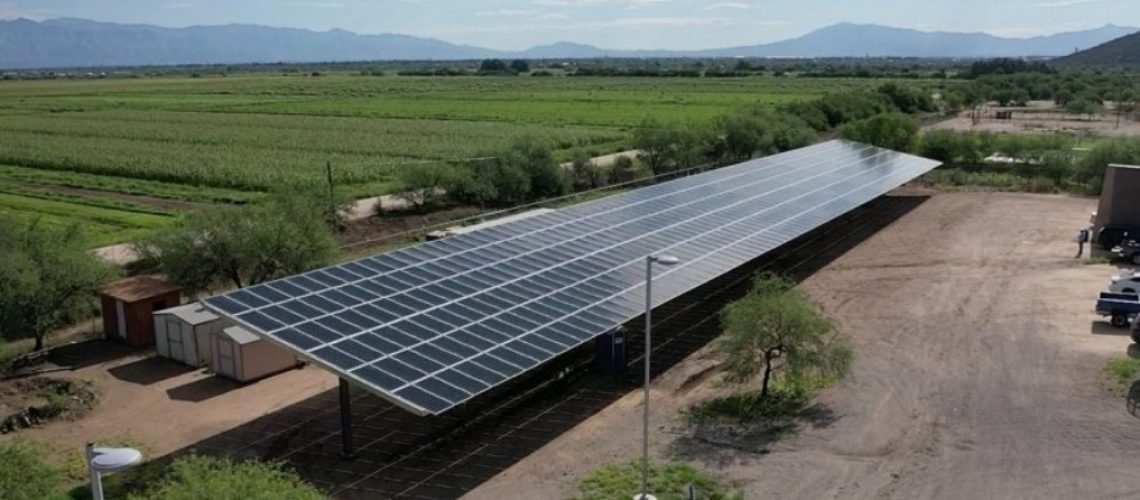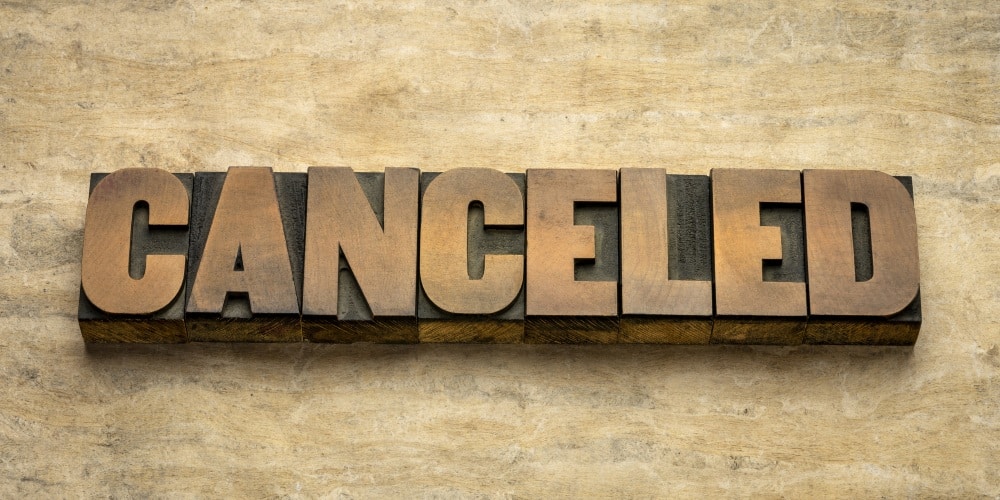Energy Future Grants Program is open to applications for local, tribal and state governments seeking to partner on clean energy projects in building, power and transportation sectors.
DOE describes a successful project as one having equitable program innovation, multi-jurisdictional partnerships, and scalable outcomes that can leverage DOE and other resources to speed and scale deployment of innovative clean energy strategies nationwide.
The U.S. Department of Energy Office of State and Community Energy Programs (SCEP) is opening applications for the $27 million Energy Future Grants (EFG) program. These grants are intended to encourage local, tribal, and state governments to partner with community-based organizations, academia, utility companies and non-profits on projects that benefit disadvantaged communities.
The goal of the EFG funding is to address barriers preventing low-income and disadvantaged communities from realizing the benefits of clean energy. These communities have long suffered from fossil fuel pollution near their homes, lack of access to renewables-driven affordable electricity, climate change, and more. The program promotes ideas led by EFG teams of at least 3 to 4 governmental partners joining together to present solutions in and across the power, transportation, and building sectors.
“To champion an equitable clean energy future, we must work with communities to foster integrated clean energy solutions across the power, transportation and building sectors,” said U.S. Secretary of Energy Jennifer M. Granholm. “These Energy Future Grants represent an opportunity to spearhead innovative projects through collaboration, creating clean energy solutions that are equitable, and scalable of clean energy strategies nationwide.”
The EFG program plans to make approximately 50 awards with each awardee team potentially receiving about $500,000 in federal funding. Applicants are required to submit a Community Benefits Plan (CBP) outlining how the project will achieve four goals: (1) support community and labor engagement, (2) invest in the American workforce, (3) promote diversity, equity, inclusion, and accessibility (DEIA), and (4) contribute to the Justic40 goal that 40% of the overall benefits of certain federal investments flow to disadvantaged communities.
For more information, visit the Energy Future Grants webpage. Those interested in the grant program can register for webinars. A general overview will be offered on July 27 webinar (taking place at 2 p.m. ET) and a general overview webinar + tribal liaison Aug. 3, (4 p.m. ET
3 (at 4:00 p.m. ET). Applications are due September 30, 2023, at 5 p.m. ET.




